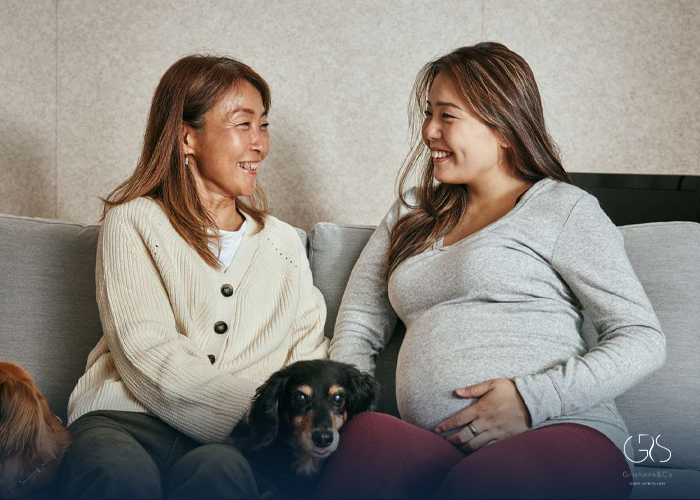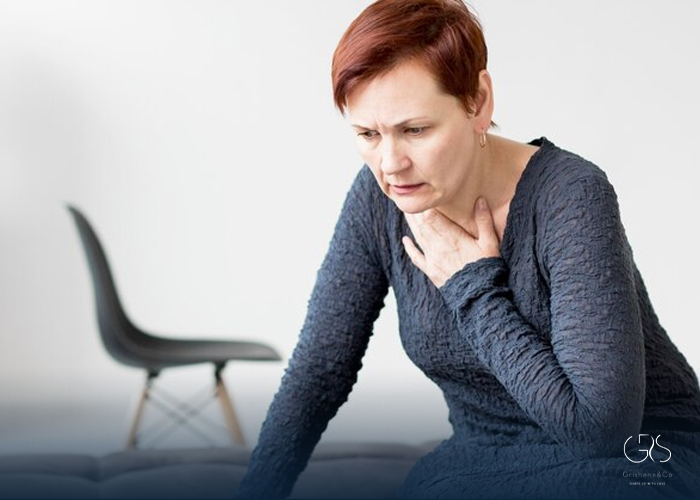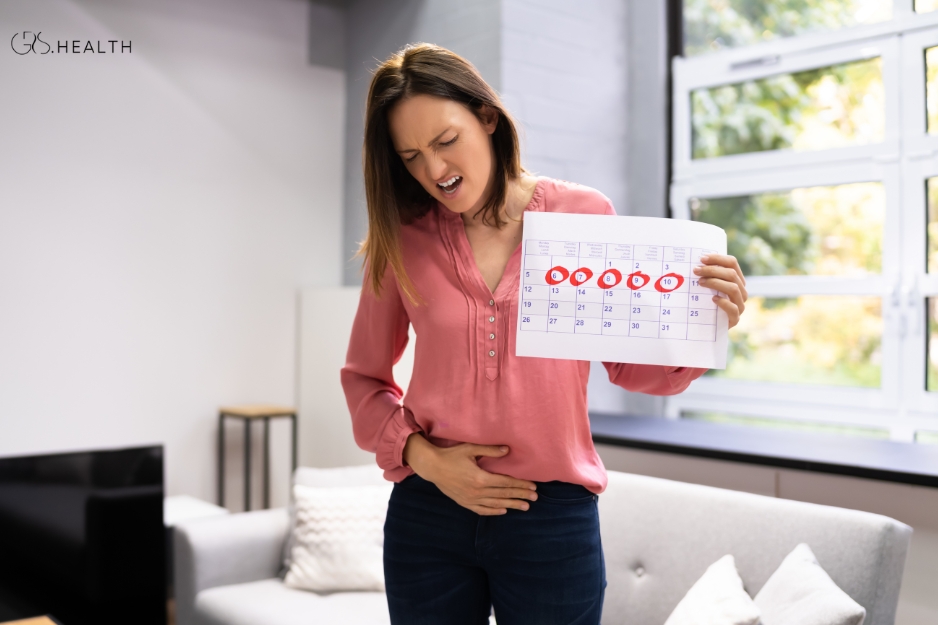In recent years, there has been a growing interest and debate around the topic of pregnancy occurring after menopause. Menopause, the natural biological process marking the end of a woman’s reproductive years, typically occurs in her 40s or 50s. However, advancements in reproductive technologies and changing societal norms have raised questions about the possibility of women conceiving after reaching menopause. This article explores the various factors influencing pregnancy after menopause, including relevant statistics, diverse perspectives, and ethical considerations.
Understanding Menopause and Fertility
Menopause is a natural stage in a woman’s life when her menstrual cycle stops, indicating the end of her reproductive years. During menopause, the ovaries stop releasing eggs, leading to a decrease in estrogen and progesterone levels. While menopause is a normal part of aging, the average age of menopause is around 51 in most women.
Fertility decline is a natural consequence of aging, with a sharp decrease in a woman’s ability to conceive after the age of 35. Menopause is considered a clear indicator of the end of a woman’s natural reproductive capacity. However, advancements in fertility treatments, such as in vitro fertilization (IVF) and egg donation, have challenged traditional notions of menopause as the definitive end of fertility.

Symptoms of Perimenopause
During perimenopause, which is the transition period before menopause, the levels of hormones like estrogen and progesterone in a woman’s body start to shift dramatically. These hormonal changes can lead to various symptoms, including difficulty concentrating, night sweats, headaches, hot flashes, insomnia, irregular vaginal bleeding, joint pain, mood swings, memory problems, rapid heart rate, sexual side effects like lower libido and vaginal dryness, urine leakage due to changes in the pelvic floor, and an increased susceptibility to urinary tract infections (UTIs). These symptoms can persist for years, making it challenging for women to cope with the changes in their bodies and impacting their overall quality of life.
(I suggest that you read my article on Perimenopause Symptoms.)

Postmenopausal Health and Complications
After menopause, many individuals experience changes in weight, body composition, energy levels, mood, and overall health. Some of the potential long-term complications associated with postmenopause include abnormal vaginal bleeding, bone loss, osteoporosis, high blood pressure, high cholesterol, increased risk of heart disease, and stroke. These complications are often linked to lower estrogen levels and the aging process. However, lifestyle changes, hormone therapy, supplements, medication, or a combination of treatments can help address these symptoms and improve postmenopausal health.

Possibility of Pregnancy After Menopause
While menopause marks the natural cessation of fertility, there have been rare cases of women becoming pregnant after entering menopause. This phenomenon is usually attributed to various factors, such as early stages of menopause with occasional ovulation or misdiagnosis of menopausal status. Research suggests that the chances of natural conception after menopause are extremely low but not impossible.
Statistics on Pregnancy After Menopause
According to the American College of Obstetricians and Gynecologists, the natural occurrence of pregnancy after menopause is rare, with only about 1 in 1,000 women getting pregnant after the age of 50. However, with the assistance of assisted reproductive technologies, such as IVF and donor eggs, the chances of achieving a successful pregnancy increase significantly.
A study published in Fertility and Sterility reported that the success rates of IVF in women over the age of 50 were around 15% per cycle, highlighting the potential for postmenopausal pregnancy with medical intervention. While these statistics indicate that pregnancy after menopause is challenging but feasible, it is essential to consider the broader implications and ethical considerations associated with late-life pregnancies.
Diverse Perspectives and Ethical Considerations
The concept of pregnancy after menopause has drawn mixed reactions from society, with diverse perspectives shaping the discourse around this phenomenon. Some view late-life pregnancies as a personal choice that enables women to fulfill their desire for motherhood, regardless of age. Advocates argue that advancements in reproductive technologies have empowered women to make informed decisions about their fertility and parenthood.
On the other hand, skeptics raise concerns about the potential risks and ethical implications of pregnancy after menopause. Advanced maternal age is associated with higher risks of pregnancy complications, such as gestational diabetes, high blood pressure, and chromosomal abnormalities in the fetus. Additionally, the long-term effects of parenting at an older age on both the mother and child have sparked debates about the ethical implications of postmenopausal pregnancies.
Conclusion
While pregnancy after menopause is a rare occurrence in natural circumstances, advancements in reproductive technologies have made it a feasible option for women seeking to conceive later in life. The statistics on postmenopausal pregnancies highlight the increasing prevalence of assisted reproduction in older women, challenging traditional notions of fertility and aging.
However, it is essential to consider the diverse perspectives and ethical considerations surrounding pregnancy after menopause, including the potential risks and challenges associated with late-life pregnancies. Ultimately, the decision to pursue pregnancy after menopause should be made carefully, weighing the physical, emotional, and ethical implications of conceiving at an advanced age.
Sources
- National Institute on Aging, What Is Menopause?
- Mayo Clinic, Perimenopause
- Women's Health, Understanding Menopause: Basics
- National Osteoporosis Foundation, What Women Need to Know
- Harvard Health Publishing , Dealing with the symptoms of menopause










